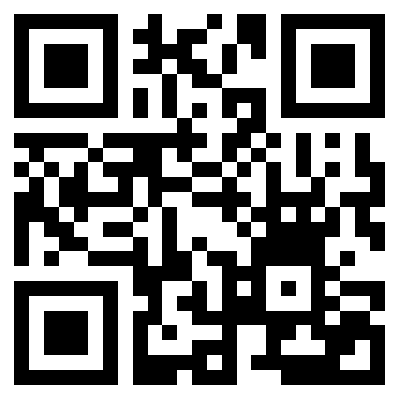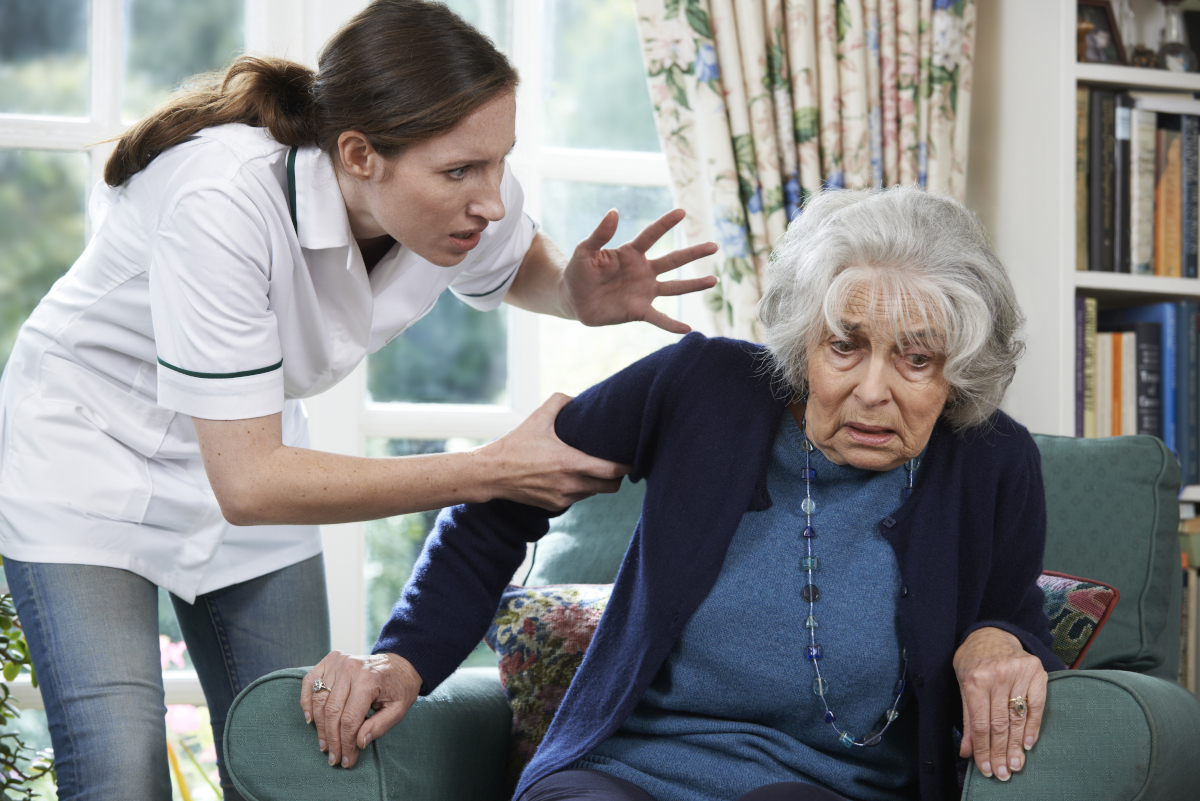Trouble viewing this Email? Try viewing it in a web browser.
|
||||||
|
||||||
|
What are the warning signs of elder abuse?
What are the effects of elder abuse? Elders who have been abused have a 300% higher risk of death when compared to those who have not been mistreated. While likely under-reported, estimates of elder financial abuse and fraud costs to older Americans range from $2.6 billion to $36.5 billion annually. Yet, financial exploitation is self-reported at rates higher than emotional, physical, and sexual abuse or neglect. Are there criminal penalties for the abusers? Most states have penalties for those who victimize older adults. Increasingly, across the country, law enforcement officers and prosecutors are trained on elder abuse and ways to use criminal and civil laws to bring abusers to justice. Review state-specific elder justice laws on the Elder Abuse Guide for Law Enforcement (EAGLE) website https://eagle.usc.edu/ . How does a person make an elder abuse report? If you, or an older adult you know, is in immediate, life-threatening danger, call 911. Anyone who suspects that an older adult is being mistreated should contact local Adult Protective Services office, Long-Term Care Ombudsman, or police. The National Center on Elder Abuse describes various scenarios and ways to get help at their website, and more information is available from the Eldercare Locator online at https://eldercare.acl.gov/Public/Index.aspx or by calling 1-800-677-1116 Personal NoteI am already gearing up for the Annual Enrollment Period by completing the required Continuing Education for my license, certifying with all the insurance carriers to remain abreast of their plan changes, and preparing opportunities and communications for you, my clients, to get all of your questions answered. My goal is to help you to understand and navigate your Medicare coverage and plan. So, stay tuned for important information and educational opportunities. In the meantime, if you have any questions, call me first (before calling your insurance company, Medicare, or Social Security ☺. Blessings for good health and a lovely summer! |
||||||
|
||||||
|
You have received this email because you provided your email address to Jim Robeson, most likely in the course of a business activity. If you do not want to receive any more mailings, unsubscribe. |
||||||



